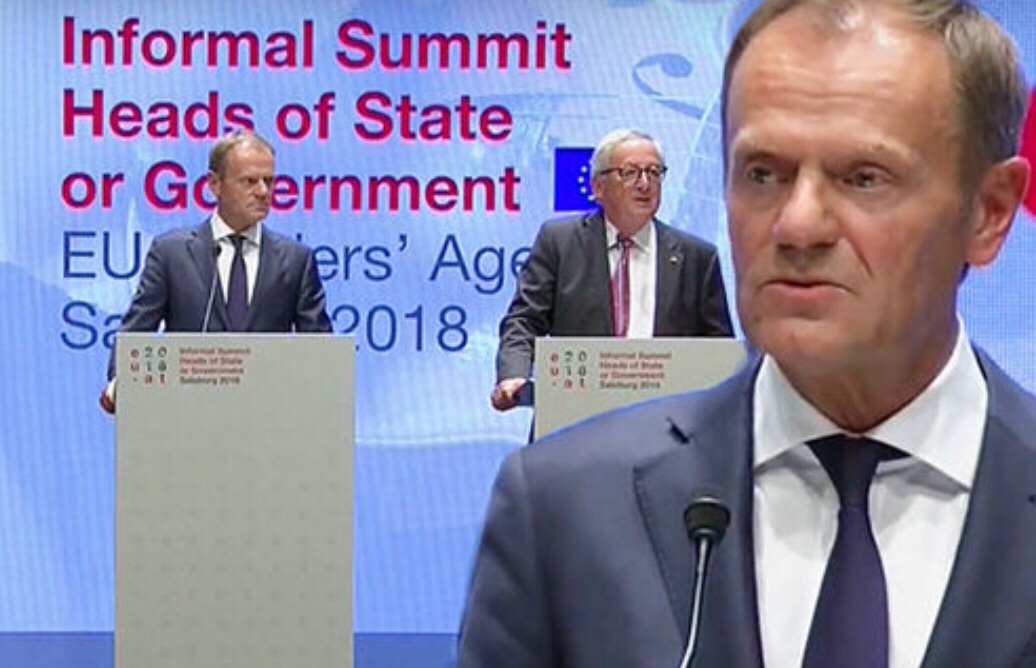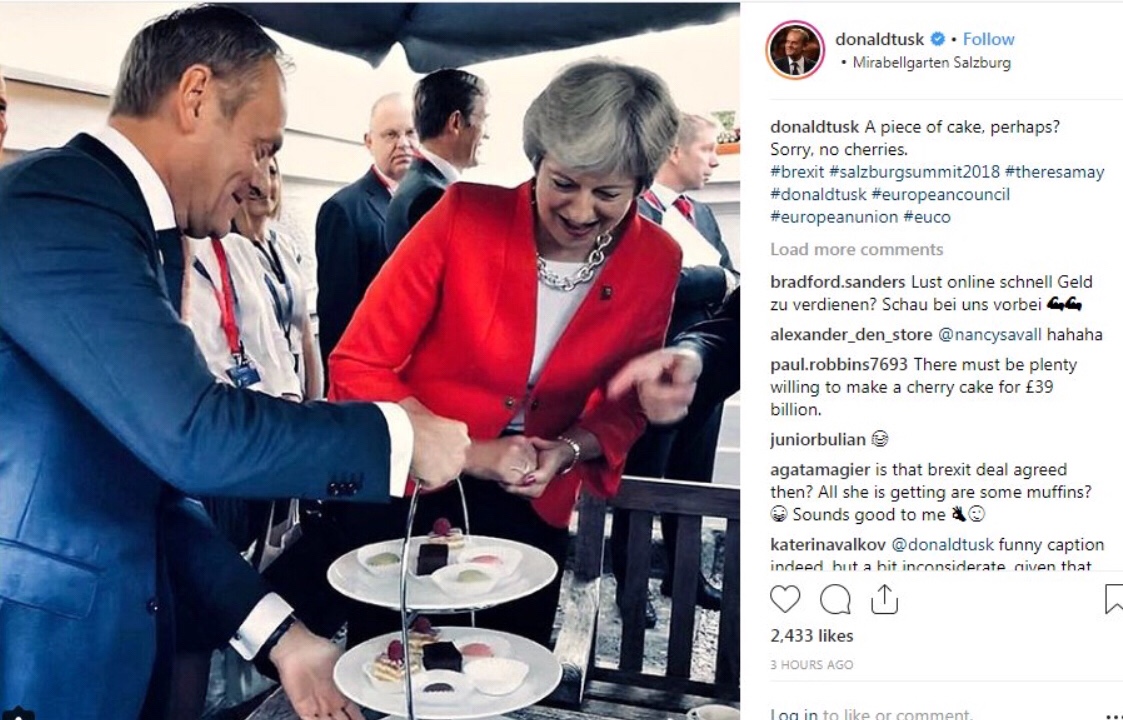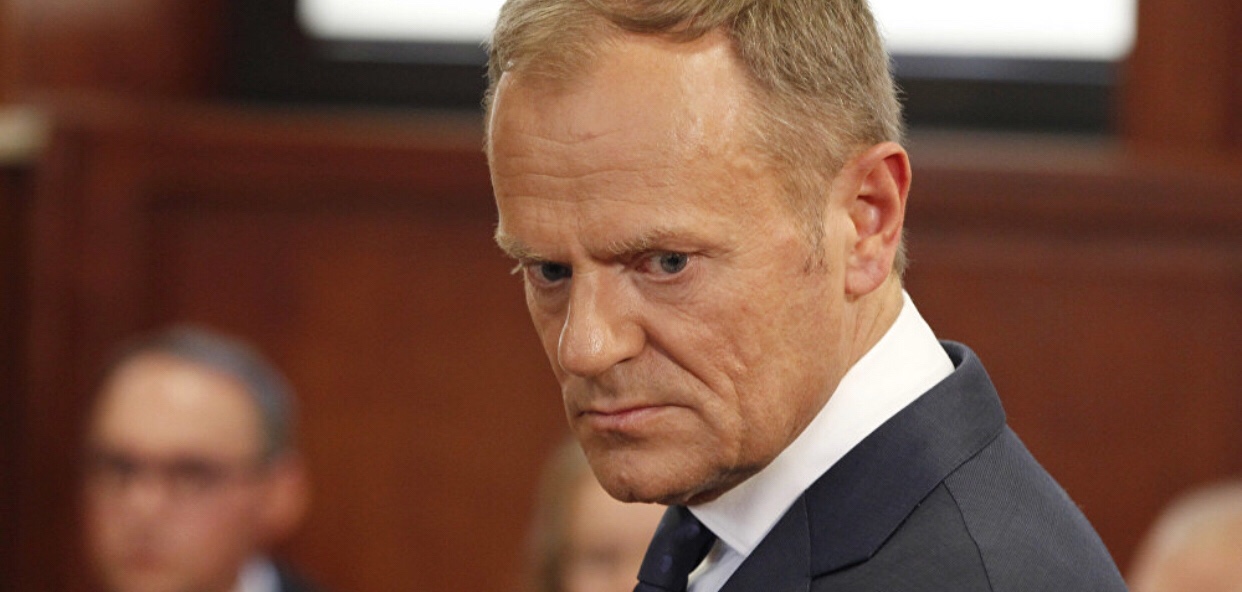Maybe it is finally time to say goodbye to airport queues. If so it is not a day too lte. Lastvyear more than 4 billion prople travelled by airplane.
This text is written by Rob Leslie for WEF.
‘Sitting around the dinner table recently at a family gathering my sister, who lives in Paris, was venting her frustrations about the queues she experienced recently at the electronic border gates in Heathrow airport.

My brother then chimed in with his experiences, which went something along the lines of: “I couldn’t get through either, the machine didn’t like the look of me!”
I asked if he had removed his glasses, as they might have affected the facial scanner. He said he hadn’t been asked to remove them; had he known, he would have.
This conversation highlights an important point – that while the biometric or e-passport is better than its predecessors, it is still not the perfect solution. We cannot lose sight of the customer experience in the rush to deploy the latest technology because of its touted gains in efficiency or the increased return on investment. The customer experience must be better than what exists now: 20 or 30 seconds for a passenger to clear an e-gate is too long when there are 400 people behind them waiting to be processed. It needs to be two or three seconds.

With 1.8 billion international arrivals expected 2030, identity management is going to become even more complex because not all countries, government agencies, airports and airlines are at the same level of maturity. It is absolutely critical that all the actors in the travel ecosystem know with certainty that every passenger is who they claim to be. This will require new processes to be designed, tested and adopted which will in turn require significant increases in transparency, industry and governmental cooperation and better communication between all the stakeholders. New technologies like biometrics, blockchain and ero-knowledge proofs have a significant role to play.
One possible solution under development for creating a better airport and travel experience is a passenger token. The token uses a passenger’s facial biometric data to identify them at the various points in the airport where there is an engagement of some kind. This removes the need for the regular presentation of travel documents at every step of their journey.
To make this possible, the passenger’s facial biometric must be bound to their ticket, visa, boarding pass and passport at the very start of their journey. This could work as follows: the passenger checks-in at home and declares their passport details as part of this process. These details can be securely verified with their government’s passport office using privacy-preserving technologies such as zero-knowledge proofs; the passport office packages the e-passport and other associated travel details into a token, with the customer’s express consent included to allow it to be accessed by parties who need to view it. This information is then made available to the relevant government agencies, airports and airlines for the duration of the traveller’s journey’.
Source: WEF
Let me start by thanking the beautiful city of Salzburg, the Austrian EU Presidency. -//-
It is a truly impressive; the hospitality, the logistics, and it is not an empty compliment. It is one of the best political performances I ever experienced. -//-

At our EU27 working lunch today we had a good discussion on Brexit, which once again reconfirmed our full unity. Let me highlight three points.
First, we reconfirmed that there will be no Withdrawal Agreement without a solid, operational and legally binding Irish backstop. And we continue to fully support Michel Barnier in his efforts to find such a model.

Second, we agreed to have a joint political declaration that provides as much clarity as possible on the future relations. Everybody shared the view that while there are positive elements in the Chequers proposal, the suggested framework for economic cooperation will not work. Not least because it risks undermining the Single Market.

Third, we also discussed the timetable for further negotiations. The moment of truth for Brexit negotiations will be the October European Council. In October we expect maximum progress and results in the Brexit talks. Then we will decide whether conditions are there to call an extraordinary summit in November to finalise and formalise the deal.
You can read the entire statement here: Donald Tusk Salzburg
Donald Tusk yesterday said that Theresa May’s Chequers proposals for dealing with the Irish border and future trade relations after Brexit will need to be “reworked and further negotiated” in a sign of how far the UK and EU are from resolving the most fraught issues in the divorce talks.
Opening the EU summit in Salzburg, Tusk, the European council president, said the Brexit talks were entering a decisive phase and that “various scenarios” were still possible – a clear hint that no-deal remained a possibility if no acceptable resolution to the negotiations could be reached.

Tusk said that some of May’s Chequers proposals “indicated positive evolution” and highlighted the “among other things, the readiness to cooperate on security and foreign policy”.
But in a blow to the British prime minister the EU leader said that was not the case “on other issues, such as the Irish question, or the framework for economic co-operation, where the UK proposals will need to be reworked and further negotiated”.
Tusk confirmed there would be a special European summit in November, which is intended to be when Brexit negotiations end, and tried to add a note of urgency in conclusion, saying: “There is more hope but there is surely less and less time, every day left we must use for talks.”
At the Salzburg summit May will reject the revised Irish backstop border proposals of Michel Barnier, the EU’s chief negotiator, because the EU is still insisting on customs checks in the Irish Sea if the two sides cannot strike a free trade agreement after Brexit.

The prime minister foreshadowed the argument she will make to the other EU leaders over dinner on Wednesday evening in an article in Die Welt, which said the proposed backstop was unacceptable because it did not respect “the constitutional and economic integrity of the UK”.
She will arrive in Salzburg on Wednesday afternoon at an informal EU council during which she will address Brexit over dinner; EU leaders will discuss the issue again at lunch on Thursday in her absence.
Hours before she arrived however, the former Brexit secretary, David Davis, released remarks from a speech he will give in Munich on Thursday, in which he says the prime minister’s Chequers plan did not fulfil the will of the British people and that May had crossed a series of “red lines”.
“We have been told that the Chequers proposal fulfils what the British people voted for. Well, I am afraid I simply do not buy that,” Davis is to say. “Fifty-two per cent of British voters oppose the proposals. Only 18% approve. It is quite remarkable for a government policy to be that unpopular.
“At Lancaster and Mansion House [where May gave keynote Brexit speeches] the prime minister promised to return control over our law, our money and our borders. These promises were in [the Conservative] manifesto too. But the Chequers plan crosses on all of those red lines. The EU is often correctly described as having a democratic deficit. But Chequers is devoid of democracy altogether.”
The former minister, who resigned when May promised to impose Chequers, will say in a speech to a German thinktank that “many of us will shortly be presenting an alternative plan which will outline a more ambitious vision” and said that the UK and Europe would be better off if they engaged in friendly economic competition.
In Salzburg, the prime minister will also hold bilateral meetings on Thursday with the Tusk, and the Irish taoiseach, Leo Varadkar, as she seeks to end the impasse over the future of the UK’s only land border.
On Tuesday, Barnier said he was making revised proposals as part of an attempt to “de-dramatise” the issue, and tried to downplay them by describing them as “a set of technical checks and controls”, insisting that the EU respected the territorial integrity of the UK.
Source: The Guardian






You must be logged in to post a comment.